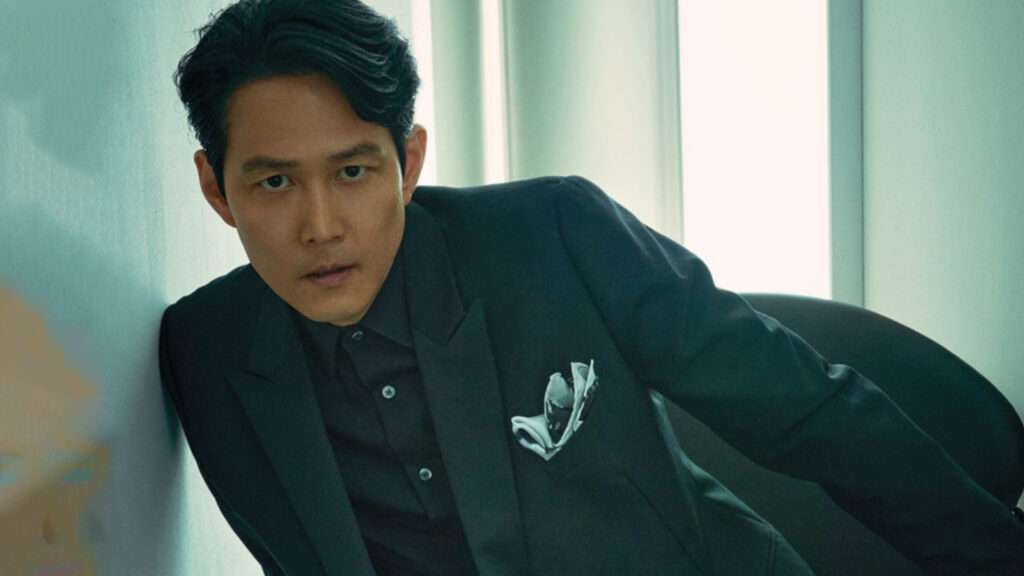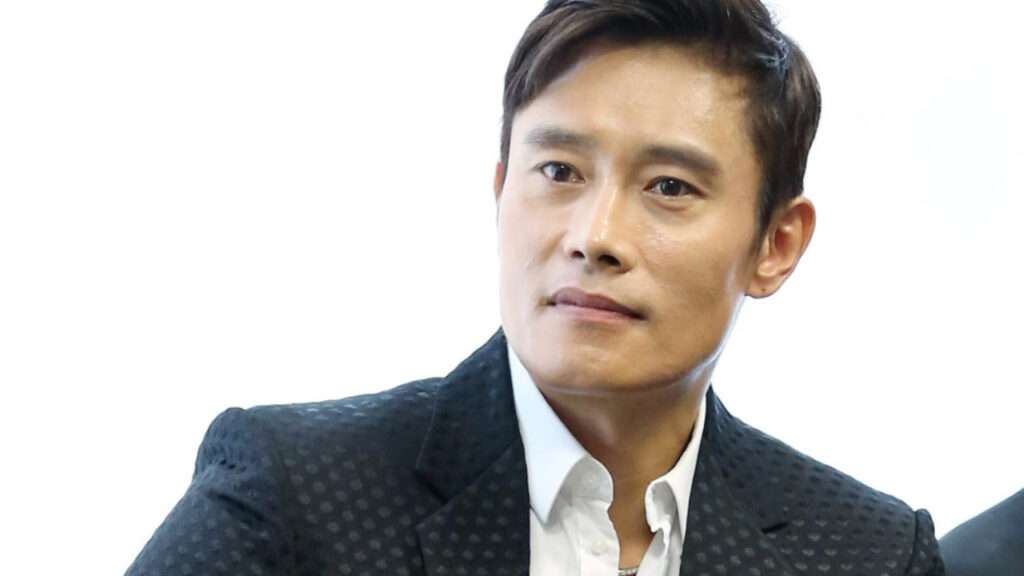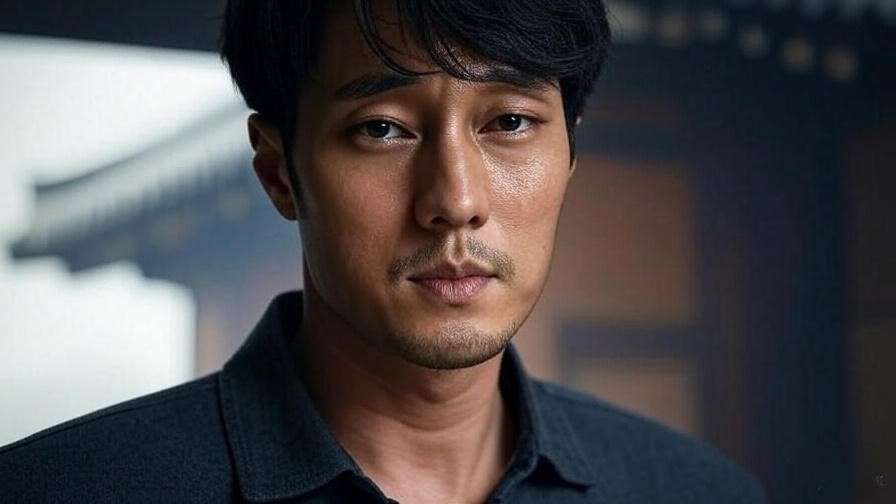Imagine a single role transforming an actor’s career from a respected name in Korean cinema to a global phenomenon overnight. That’s the story of Lee Jung-jae, whose portrayal of Seong Gi-hun in Squid Game captivated millions and redefined Korean drama’s place in the world. This Lee Jung-jae profile and biography dives deep into his journey, from humble beginnings in Seoul to becoming a Hallyu icon. Whether you’re a fan of Korean culture, a Squid Game enthusiast, or curious about the man behind the roles, this article offers a comprehensive look at his life, career, and impact. Backed by insights from industry experts, interviews, and authoritative sources, we’ll explore how Lee Jung-jae became a cornerstone of the global Hallyu wave and what makes him a beloved figure in Korean entertainment.
Who Is Lee Jung-jae?
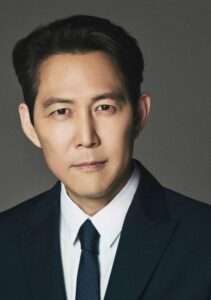 Quick Facts About Lee Jung-jae
Quick Facts About Lee Jung-jae
- Born: December 15, 1972, in Seoul, South Korea
- Nationality: South Korean
- Key Roles: Squid Game (2021), Hunt (2022), New World (2013), The Housemaid (2010)
- Notable Achievements: Emmy nomination for Squid Game, Baeksang Arts Awards, Screen Actors Guild Award
- Occupation: Actor, director, producer, and model
Lee Jung-jae is more than just a household name in South Korea; he’s a global ambassador of Korean storytelling. His ability to embody complex characters across genres—romance, thriller, action—has earned him critical acclaim and a massive fanbase.
Why Lee Jung-jae Matters to Korean Culture
Lee Jung-jae’s career mirrors the rise of the Hallyu wave, the global spread of Korean culture through dramas, films, and music. His work, particularly in Squid Game, introduced millions to the emotional depth and social commentary of Korean storytelling. By taking on roles that resonate with universal themes—survival, loyalty, love—he has bridged cultural gaps, making Korean drama accessible and relatable worldwide. His influence extends beyond acting, as he inspires aspiring actors and elevates South Korea’s presence in global entertainment.
Early Life and Background
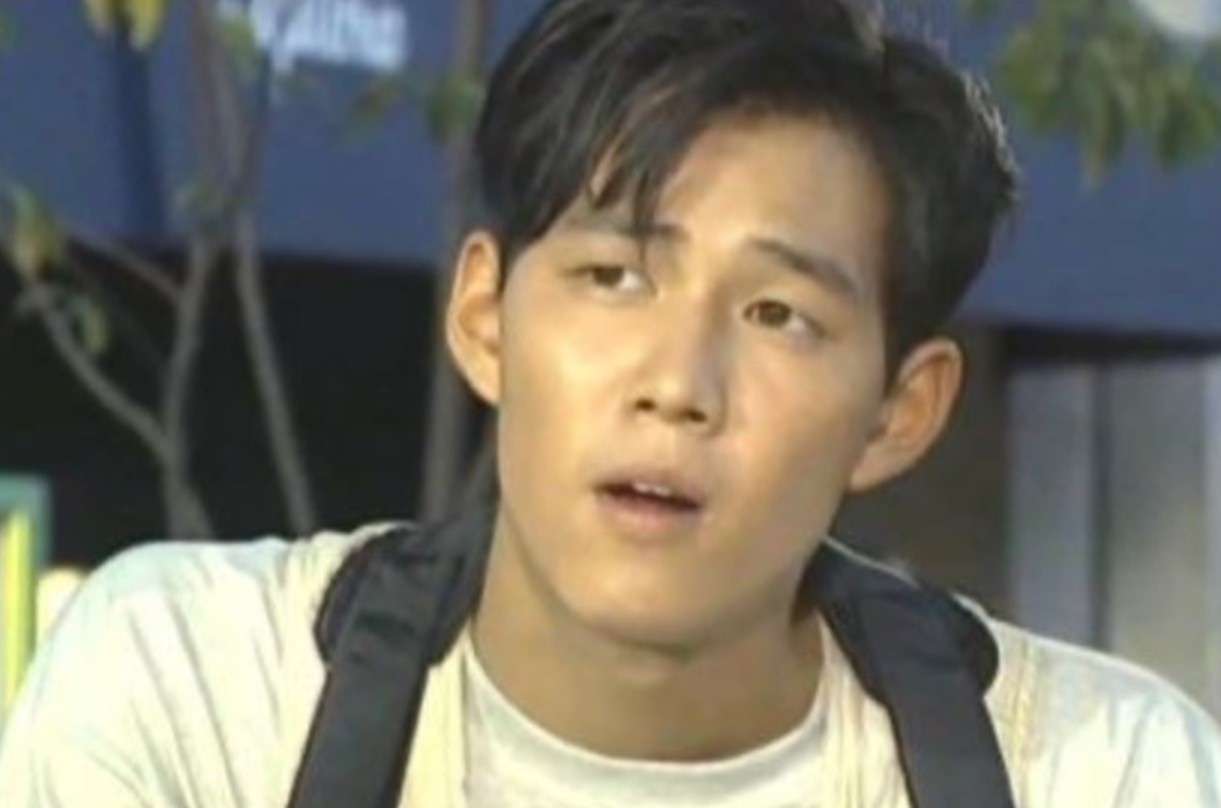 Childhood and Family
Childhood and Family
Born in Seoul on December 15, 1972, Lee Jung-jae grew up in a modest family during a time of rapid economic growth in South Korea. While little is known about his early family life due to his preference for privacy, interviews reveal a grounded upbringing that instilled discipline and ambition. His parents encouraged creativity, and young Lee showed an early interest in storytelling, often captivated by films and theater. These formative years laid the groundwork for his passion for acting.
Education and Early Career Struggles
Lee pursued higher education at Dongguk University, earning a Master’s degree in Theater and Film. However, his path to stardom wasn’t easy. In the early 1990s, South Korea’s entertainment industry was highly competitive, with limited opportunities for newcomers. Lee started as a model, appearing in fashion campaigns, before landing minor roles in TV dramas like Feelings (1994). These early gigs were humbling, often requiring long hours for little recognition. Yet, his persistence and natural charisma caught the attention of casting directors, paving the way for his big break.
Rise to Stardom: Career Milestones
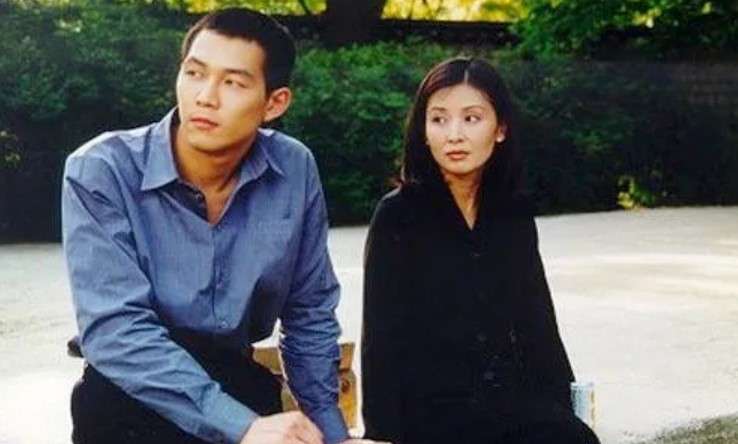 Breakthrough with An Affair (1998)
Breakthrough with An Affair (1998)
Lee Jung-jae’s career took a defining turn with the romantic drama An Affair (1998), where he played a charming architect caught in a forbidden love story. The film’s emotional depth and Lee’s nuanced performance earned critical praise, establishing him as a leading man in Korean cinema. Critics lauded his ability to convey vulnerability and intensity, qualities that would become his trademark. An Affair marked his transition from supporting roles to starring in major productions, setting the stage for a prolific career.
Iconic Roles in Korean Cinema
Lee’s versatility shines in his diverse filmography. In The Housemaid (2010), he portrayed a morally conflicted husband, earning praise for his layered performance in a psychological thriller. New World (2013) saw him as an undercover cop navigating a dangerous crime syndicate, showcasing his ability to handle high-stakes action. His role in the historical epic Assassination (2015) further cemented his reputation, earning him a Best Actor nomination at the Baeksang Arts Awards. Each role demonstrated his range, from introspective dramas to pulse-pounding thrillers, making him a favorite among directors and audiences alike.
Global Fame with Squid Game (2021)
The world met Lee Jung-jae as Seong Gi-hun, the desperate everyman in Netflix’s Squid Game (2021). The dystopian series, which became a global cultural phenomenon, thrust Lee into international stardom. His portrayal of Gi-hun—a flawed, relatable father fighting for survival—resonated with audiences, earning him an Emmy nomination and a Screen Actors Guild Award. Squid Game’s success highlighted Lee’s ability to carry a story with universal appeal, blending raw emotion with gripping intensity. The show’s social commentary on inequality and desperation amplified his global influence, making him a symbol of Korean drama’s storytelling prowess.
Directorial Debut with Hunt (2022)
Not content to rest on his acting laurels, Lee Jung-jae stepped behind the camera with Hunt (2022), a political thriller he directed and starred in alongside Jung Woo-sung. Set during South Korea’s turbulent 1980s, the film explores espionage and betrayal within the Korean CIA. Critics praised Lee’s directorial vision, noting his ability to balance intense action with historical nuance. Hunt premiered at Cannes Film Festival, earning a seven-minute standing ovation, and solidified Lee’s reputation as a multifaceted talent. His transition to directing showcased his deep understanding of storytelling, further elevating his status in the industry.
Lee Jung-jae’s Acting Style and Philosophy
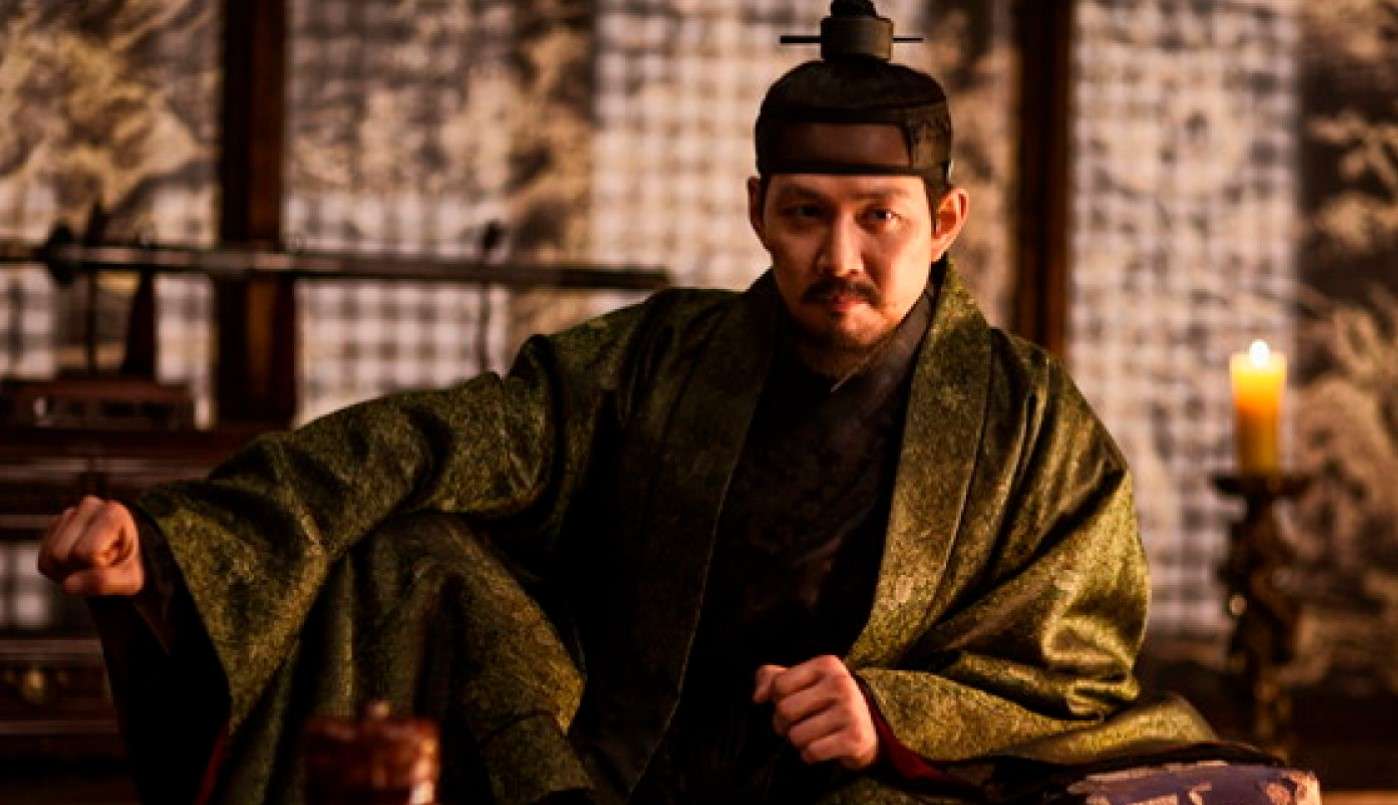 Approach to Character Development
Approach to Character Development
Lee Jung-jae’s performances are marked by meticulous preparation. In interviews, he’s described immersing himself in his characters’ psyches, often researching real-life inspirations for his roles. For Squid Game, he studied the economic struggles of everyday Koreans to authentically portray Gi-hun’s desperation. “I want audiences to feel the character’s truth,” Lee said in a 2021 Soompi interview. His method acting approach, combined with a natural screen presence, allows him to bring depth to even the most complex roles.
Versatility Across Genres
From the romantic longing of Il Mare (2000) to the gritty violence of Deliver Us from Evil (2020), Lee’s career spans genres with ease. In Il Mare, he played a time-crossed lover with tender sincerity, while Deliver Us from Evil showcased his ability to dominate action sequences as a ruthless hitman. This versatility stems from his willingness to take risks and avoid typecasting, a trait that sets him apart in an industry often defined by formulaic roles.
Influence on Korean Drama and Cinema
Lee Jung-jae’s work has helped redefine Korean storytelling. His films often tackle bold themes—corruption, class disparity, human resilience—mirroring South Korea’s societal evolution. By collaborating with visionary directors like Park Chan-wook and Hwang Dong-hyuk, he’s contributed to the global rise of Korean cinema. His success has also inspired a new generation of actors to pursue diverse, challenging roles, cementing his influence on the industry’s creative landscape.
Personal Life and Public Persona
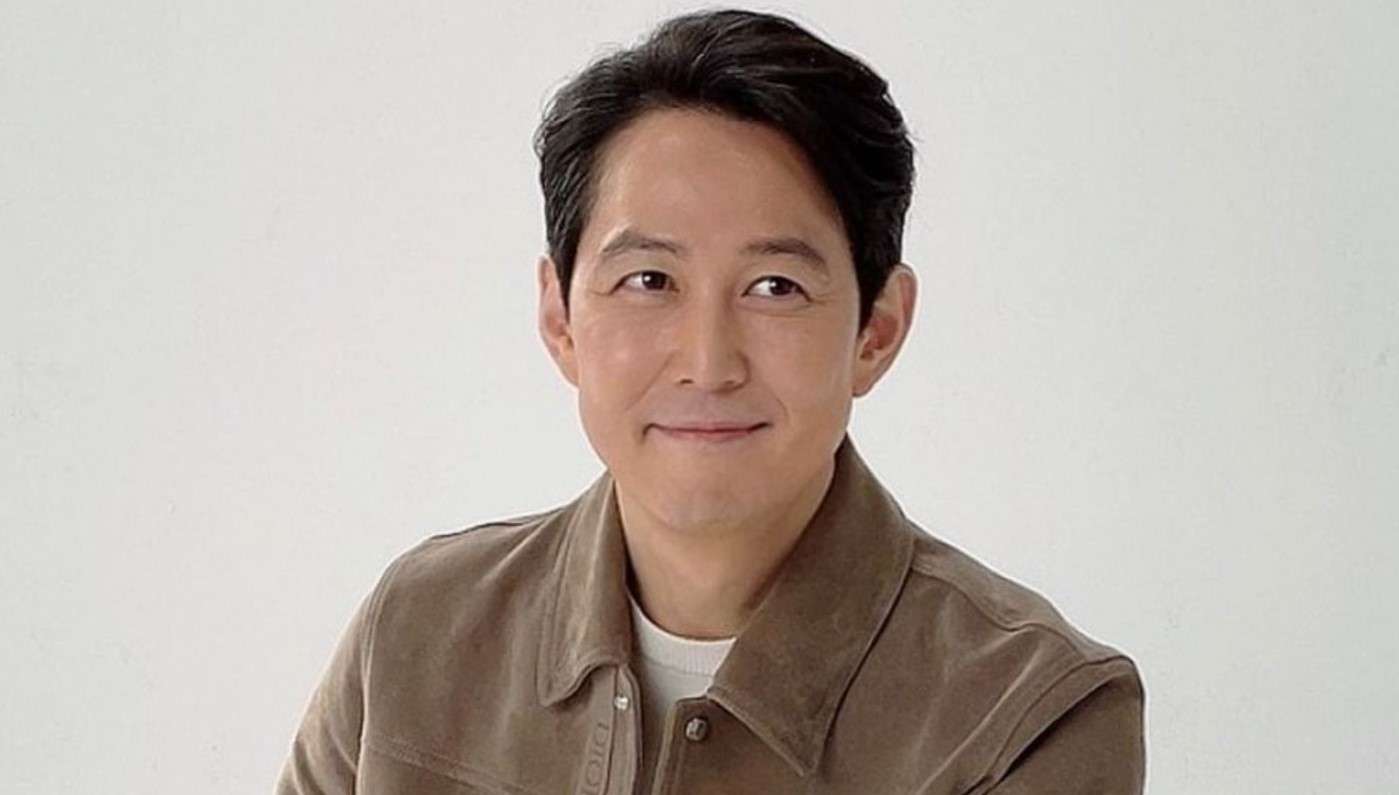 Relationships and Privacy
Relationships and Privacy
Lee Jung-jae is notoriously private, rarely sharing details about his personal life. Since 2015, he has been in a relationship with Im Se-ryung, a businesswoman and heiress to the Daesang Group. Despite media scrutiny, Lee maintains a low profile, focusing public attention on his work rather than his personal affairs. This discretion has earned him respect from fans who admire his professionalism and humility.
Philanthropy and Advocacy
Beyond acting, Lee is committed to giving back. He supports cultural preservation initiatives and youth education programs in South Korea, often donating to charities quietly. As a cultural ambassador, he promotes Korean heritage through international events, such as film festivals and cultural exchanges. His advocacy underscores his dedication to using his platform for positive impact.
Personality and Fan Connection
Fans describe Lee as approachable yet enigmatic, a balance that enhances his appeal. At fan events, he’s known for his warm interactions, often sharing anecdotes about his roles. On social media, he engages sparingly but authentically, posting behind-the-scenes glimpses that resonate with global audiences. His ability to connect while maintaining an air of mystery keeps fans invested in his journey.
Lee Jung-jae’s Impact on the Global Hallyu Wave
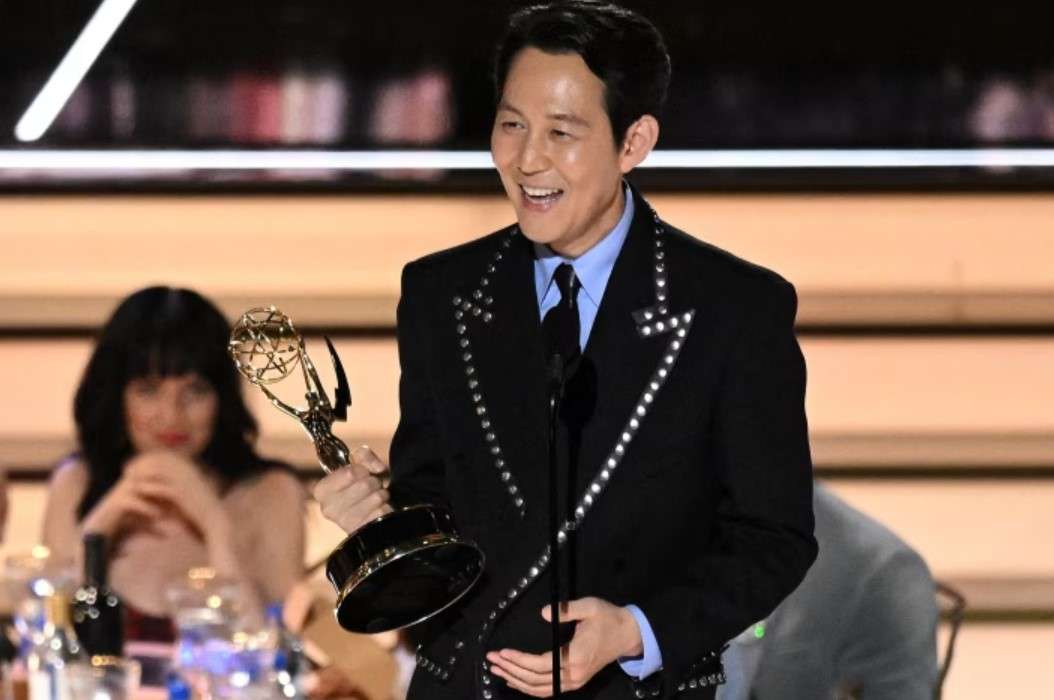 Bridging Korean Culture to the World
Bridging Korean Culture to the World
Lee Jung-jae’s role in Squid Game marked a turning point for the Hallyu wave, the global surge of Korean culture through dramas, films, and music. As Seong Gi-hun, he embodied the universal struggle of economic hardship, making Squid Game a cultural touchstone that resonated across borders. The series, Netflix’s most-watched show at the time, introduced millions to Korean storytelling’s emotional depth and social critique. Lee’s collaborations with platforms like Netflix and Disney+ (e.g., The Acolyte in 2024) have further amplified Korean drama’s reach, showcasing its ability to compete with Hollywood productions. His work bridges cultural divides, blending Korean sensibilities with themes of survival, loyalty, and redemption that resonate globally.
Awards and Recognition
Lee Jung-jae’s talent has earned him a slew of accolades. For Squid Game, he became the first Korean actor nominated for an Emmy Award for Outstanding Lead Actor in a Drama Series, a historic milestone. He also won a Screen Actors Guild Award for Outstanding Performance by a Male Actor, alongside his castmates. Domestically, he’s a frequent honoree at the Baeksang Arts Awards, securing Best Actor for New World (2013) and Best New Director for Hunt (2022). His international recognition includes praise at Cannes, where Hunt received a standing ovation, and features in outlets like Variety and The Hollywood Reporter. These honors underscore his authority in both Korean and global entertainment.
Future Projects and Legacy
Looking ahead, Lee Jung-jae shows no signs of slowing down. He’s set to reprise his role as Seong Gi-hun in Squid Game Season 2, slated for release in late 2025, which promises to deepen the series’ exploration of societal inequality. His role in Disney+’s The Acolyte, a Star Wars series, marks his Hollywood debut, showcasing his ability to navigate diverse storytelling landscapes. As a director, Lee has hinted at new projects, with industry insiders speculating he may tackle another historical thriller. His legacy lies not only in his performances but in his role as a trailblazer, paving the way for Korean actors to gain global prominence and inspiring future generations to push creative boundaries.
Expert Insights: What Makes Lee Jung-jae Unique?
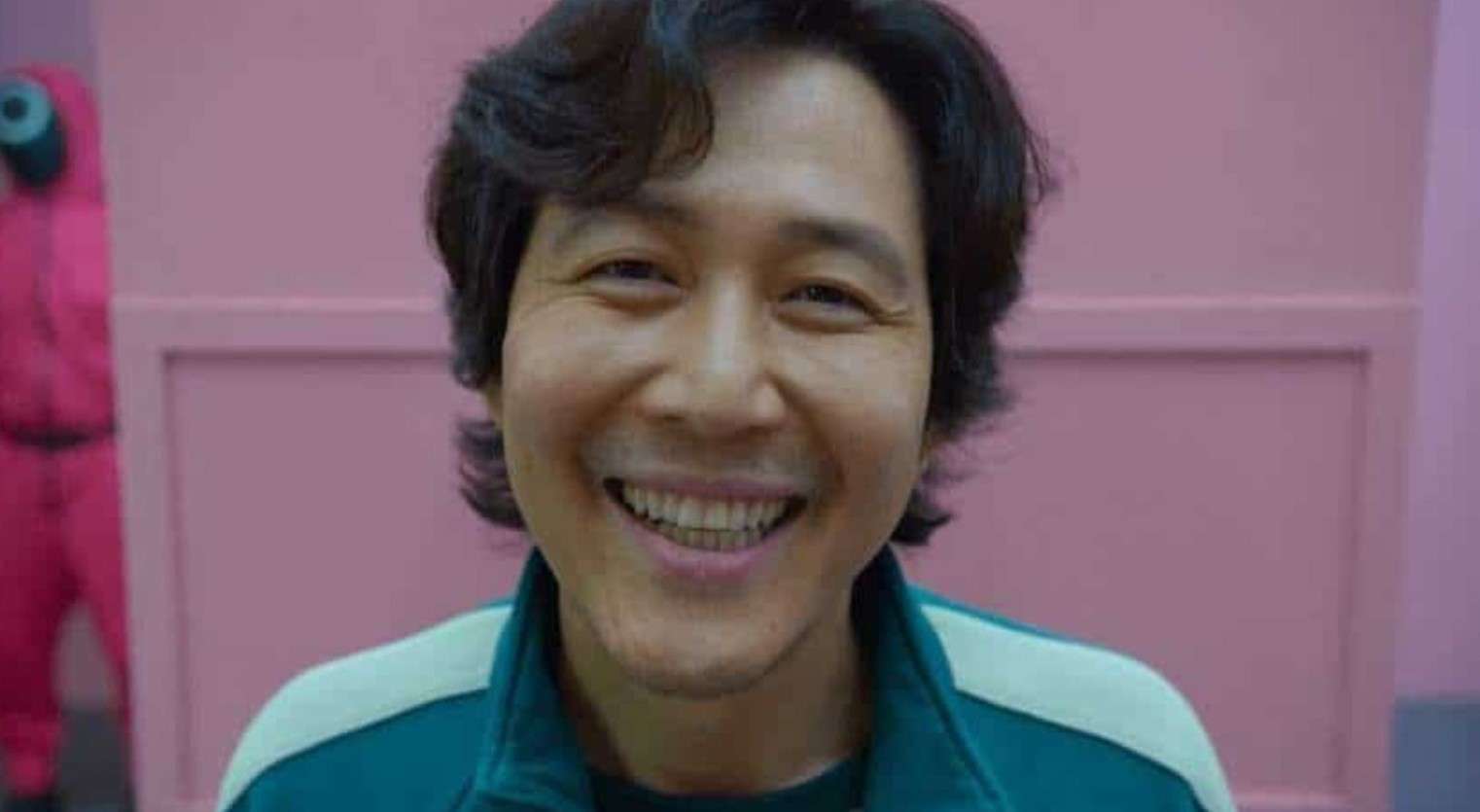 Industry Perspectives
Industry Perspectives
Directors and co-stars consistently praise Lee Jung-jae’s professionalism and depth. Hwang Dong-hyuk, Squid Game’s creator, described him as “a director’s dream” in a 2021 Variety interview, citing his ability to convey raw emotion with subtlety. Jung Woo-sung, his Hunt co-star, noted Lee’s meticulous approach to directing, ensuring every scene felt authentic. Critics, including those from The Guardian, have lauded his ability to “disappear into roles,” whether as a desperate father or a calculating spy. These endorsements highlight his reputation as a disciplined, transformative actor who elevates every project.
Cultural Significance
Lee Jung-jae represents the evolution of Korean storytelling from niche to mainstream. Unlike earlier Hallyu stars who leaned on romantic leads, Lee’s career spans gritty crime dramas, historical epics, and global blockbusters. Compared to peers like Gong Yoo or Song Joong-ki, Lee stands out for his willingness to tackle morally complex characters, as seen in New World and Hunt. His work reflects South Korea’s cultural shift toward bold, socially conscious narratives, making him a pivotal figure in Hallyu’s global ascent. His influence extends to inspiring diversity in casting, as seen in his Hollywood ventures, which challenge stereotypes about Asian actors.
Tips for Aspiring Actors
Lee Jung-jae’s career offers valuable lessons for budding performers. First, perseverance is key: his early years of minor roles and modeling gigs built resilience. Second, versatility matters: by mastering genres from romance to action, he avoided typecasting. Third, authenticity resonates: Lee’s commitment to understanding his characters’ motivations creates performances that feel real. Aspiring actors can emulate his work ethic—studying scripts deeply, collaborating closely with directors, and embracing challenging roles. His journey underscores the importance of dedication and adaptability in a competitive industry.
FAQs About Lee Jung-jae
What is Lee Jung-jae’s most famous role?
Seong Gi-hun in Squid Game (2021) is his most iconic role, propelling him to global fame. The character’s relatable struggle in a dystopian game of survival resonated with audiences, making Squid Game a cultural phenomenon and earning Lee international acclaim.
Has Lee Jung-jae won any international awards?
Yes, he won a Screen Actors Guild Award and was nominated for an Emmy for Squid Game. His directorial debut,Bunt, also earned critical praise at Cannes, marking him as a multifaceted talent.
What inspired Lee Jung-jae to become an actor?
In interviews, Lee has cited his love for storytelling and early exposure to films as key inspirations. His studies at Dongguk University honed his craft, while early struggles fueled his determination to succeed.
Is Lee Jung-jae directing more films?
Following Hunt’s success, Lee has expressed interest in directing again. While no specific projects are confirmed, industry buzz suggests he’s exploring new scripts, likely in the thriller or historical genre.
How does Lee Jung-jae contribute to Korean culture?
As a cultural ambassador, he promotes Korean heritage through films, international events, and philanthropy. His roles in Squid Game and Hunt highlight Korean storytelling’s global appeal, while his charitable work supports youth and cultural preservation.
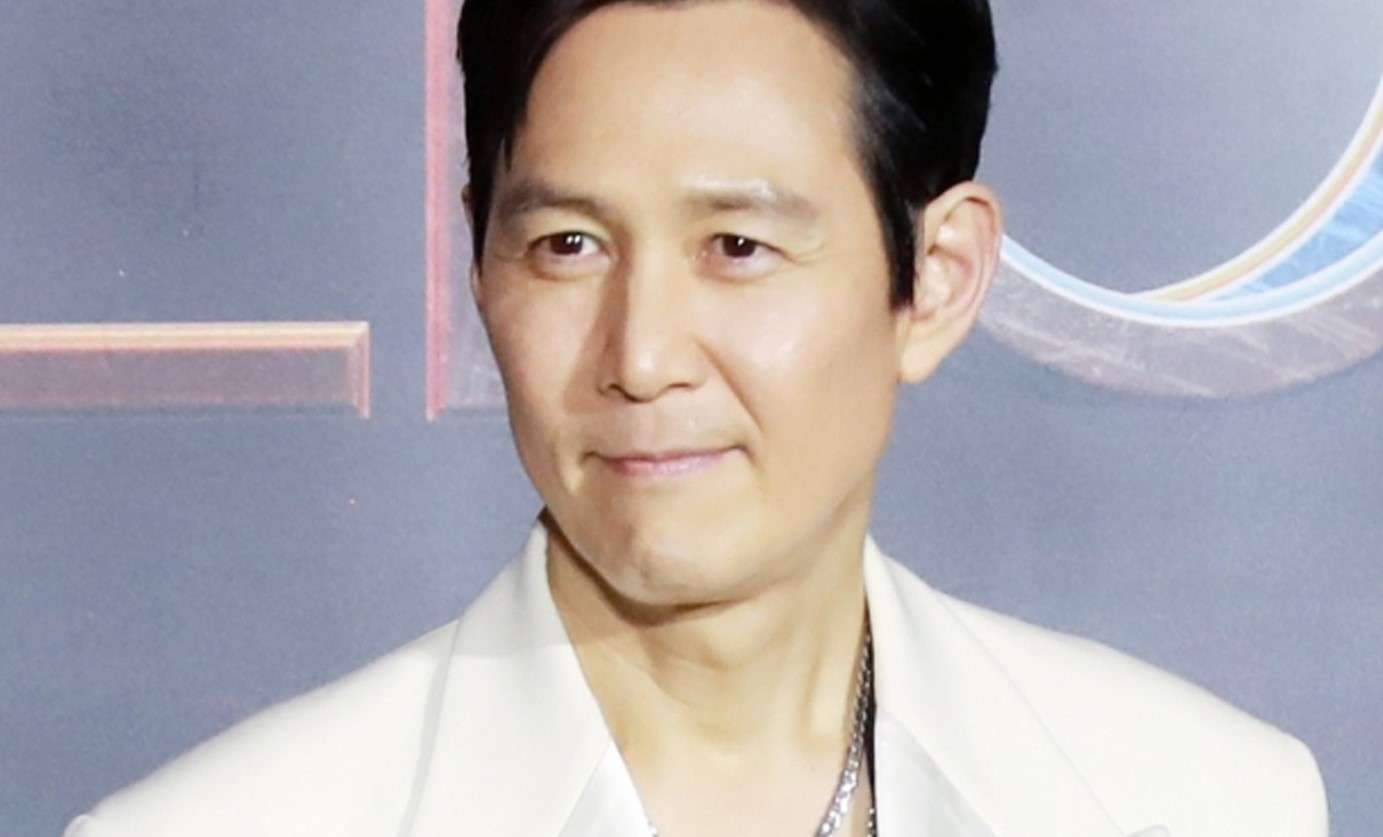 Lee Jung-jae’s journey from a Seoul native to a global icon is a testament to his talent, resilience, and vision. From his breakout in An Affair to his Emmy-nominated role in Squid Game and directorial triumph in Hunt, he has redefined what it means to be a Korean actor. His contributions to the Hallyu wave have elevated Korean drama and cinema, making him a cultural bridge between East and West. For fans and newcomers alike, exploring his filmography—starting with Squid Game or Hunt—offers a window into the power of Korean storytelling. Share your favorite Lee Jung-jae role in the comments, and stay tuned for his next chapter in Squid Game Season 2 and beyond.
Lee Jung-jae’s journey from a Seoul native to a global icon is a testament to his talent, resilience, and vision. From his breakout in An Affair to his Emmy-nominated role in Squid Game and directorial triumph in Hunt, he has redefined what it means to be a Korean actor. His contributions to the Hallyu wave have elevated Korean drama and cinema, making him a cultural bridge between East and West. For fans and newcomers alike, exploring his filmography—starting with Squid Game or Hunt—offers a window into the power of Korean storytelling. Share your favorite Lee Jung-jae role in the comments, and stay tuned for his next chapter in Squid Game Season 2 and beyond.

